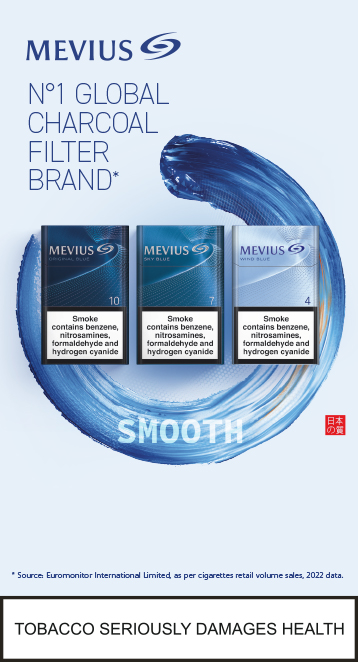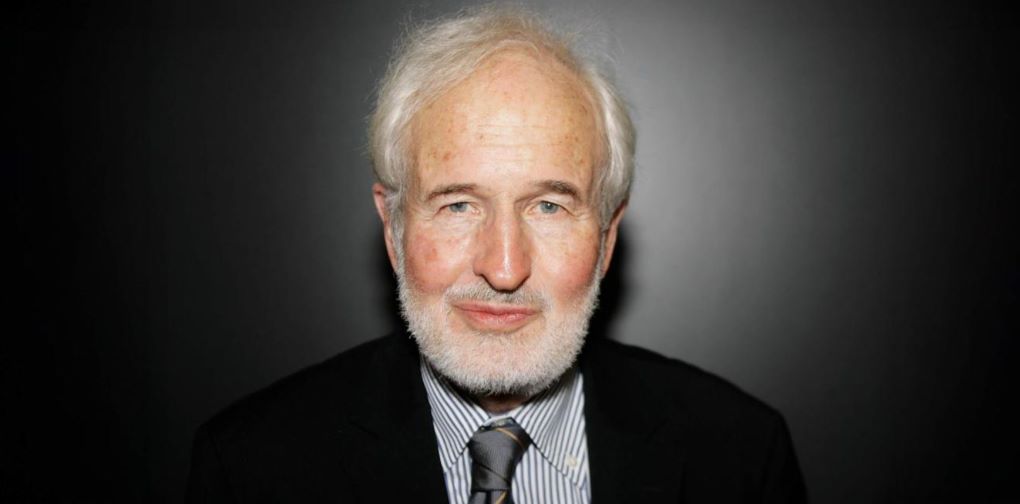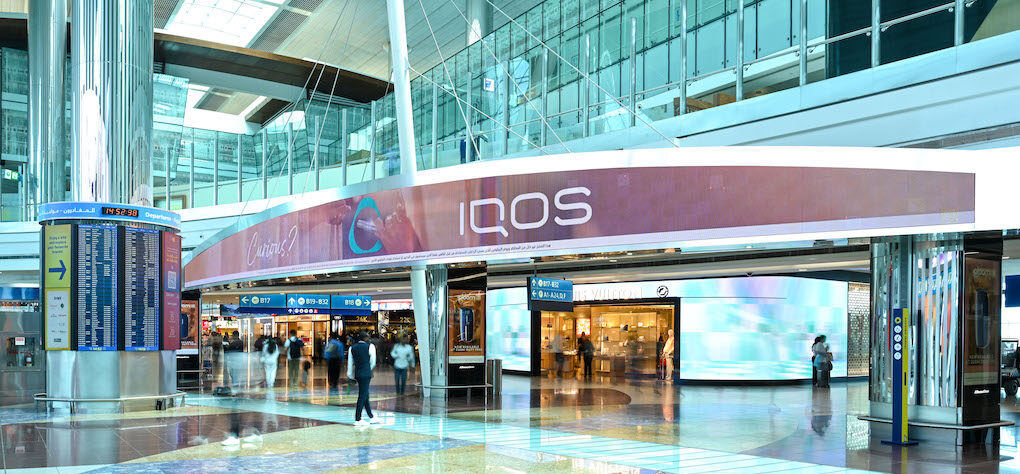NORWAY. Gebr. Heinemann-led Travel Retail Norway and airport company Avinor are weighing up the negative impact of a government proposal to halve the tobacco allowance for returning residents from next month.
The new rules, due to enter force on 1 January (if ratified by Parliament this month), were announced in the government budget on 6 October. They apply to purchases in arrivals duty free as well as to duty free tobacco purchases made overseas by returning Norwegian residents, who account for most of the spend in arrivals. They do not apply to purchases made by international visitors.
The current duty free allowance is 200 cigarettes, 250g of other tobacco products and 200 sheets of cigarette paper.
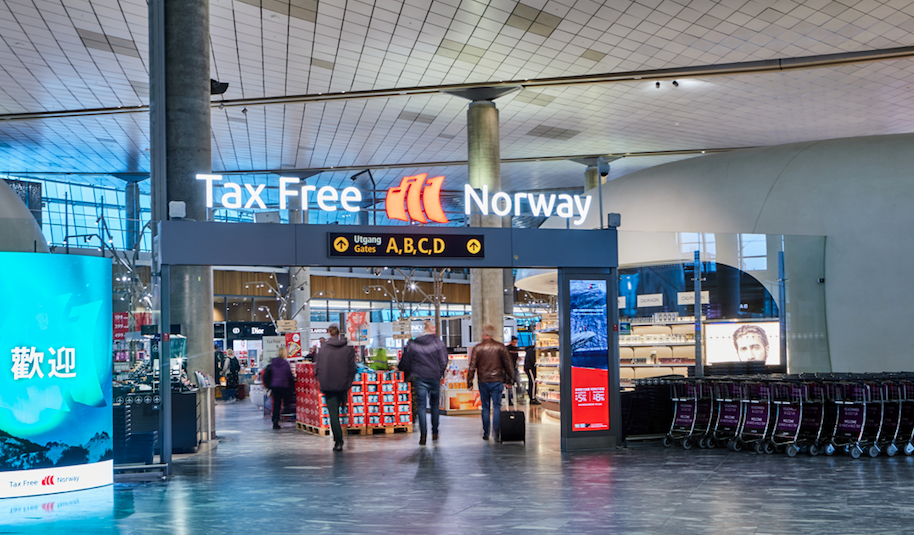
Travel Retail Norway HR & Communications Director Haakon Dagestad, who is also Chair of the Nordic Travel Retail Group, said that tobacco accounts for around 20% of arrivals duty free sales at Norway’s airports. “It will most likely reduce arrivals turnover as many of our customers buy tobacco,” he said. At Oslo, the largest and most profitable of Norway’s airports, arrivals duty free represents 50% of all duty free retail income.
In its nine-month results announced on 28 November, Avinor said that the “changes to tax free quotas will result in a loss of income”. The airport company noted: “The government’s draft state budget for 2023 contains a proposal to halve the allowance for tax free purchases of tobacco. This will result in an estimated annual loss of income for Avinor of around NOK 270 million (US$27 million).”
It added: “The proposals in the state budget for 2023 on reduced tax free quotas for tobacco put further pressure on the group’s equity situation and ability to self-finance.”
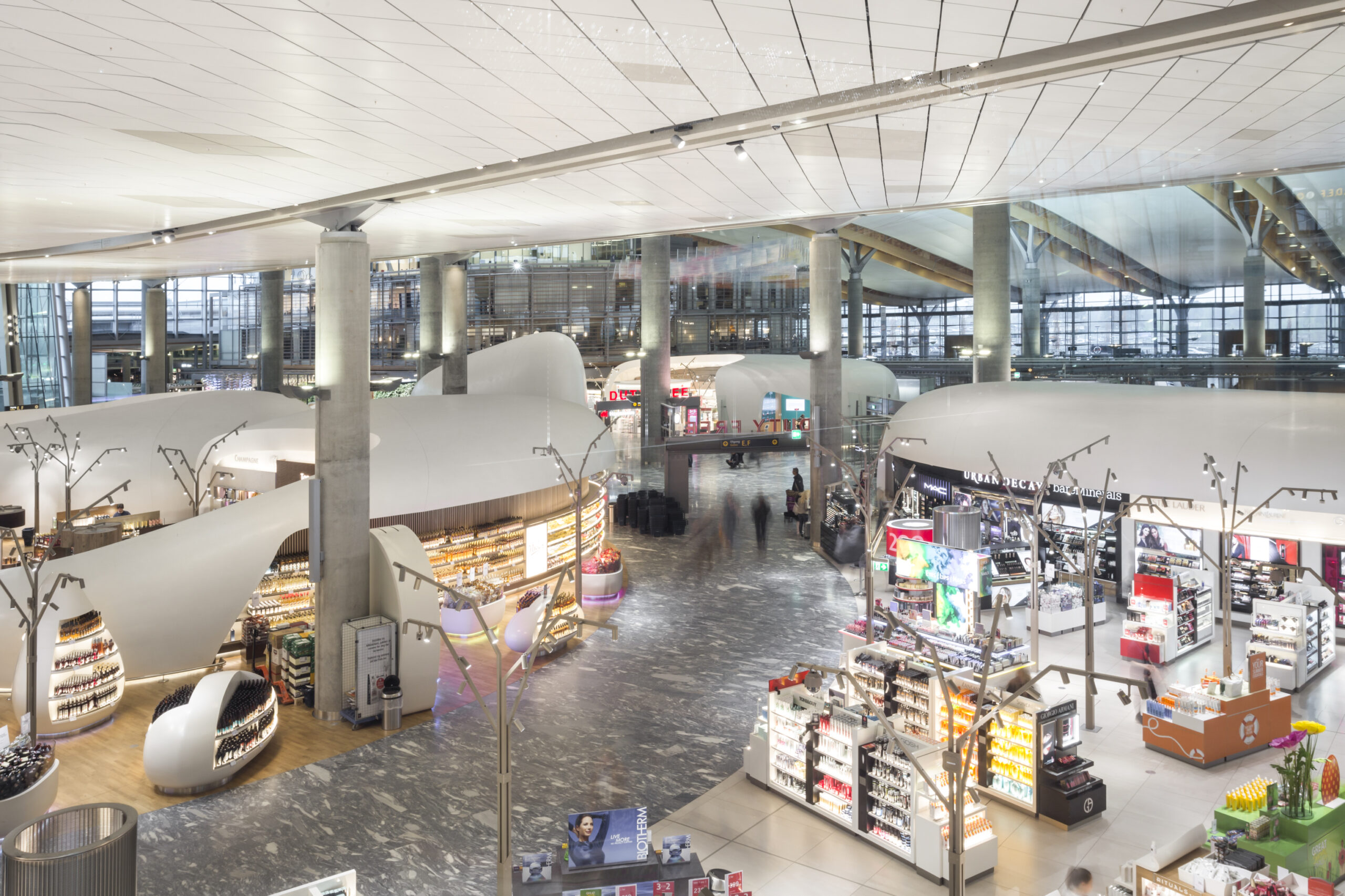
Dagestad said that Travel Retail Norway continues to lobby government on the matter. “We are pointing out the fact that this will most likely increase border trade between Norway and Sweden because Norwegians now have to drive twice as often to purchase tobacco. And while they are there, they will purchase other products as well.”
He said the move would not only cause confusion for travellers, but would complicate the job of Customs officers, given that the rules apply only to Norwegian residents.
“It is a nightmare for Customs as the reduced allowance is only for people residing in Norway, and not for tourists. But your passport does not say where you live, only what nationality you have.”
On the short lead time to implement the proposed new rules, Dagestad said: “The industry has always been given one year to adapt to changes to products, as with Plain Packaging or Single Use Plastics. The regulations detailed in the legislation are still not known, so there is still a chance that we’ll get a transition period.”
Travel Retail Norway begins a new five-year duty free contract at Oslo, Bergen, Stavanger and Trondheim airports in January.
Asked whether Travel Retail Norway will be seeking a review of its new concession with Avinor if the proposal is passed, Dagestad said: “No. As far as we can calculate the drop in turnover won’t be high enough to trigger any [review] clauses.”
In a recent report on the role of arrivals duty free in Norway and other selected markets, analyst York Aviation noted that “arrivals duty free sales are now a key pillar in Avinor’s path to profitability each year”.
It added: “They are key to Avinor’s profitability in a world where aeronautical revenues have been under pressure. Without arrivals shop revenues, Norway would struggle to maintain its domestic airport network. The revenues have enabled investment in growth and productivity. There is no evidence to suggest impacts on domestic markets or government revenue. There is no evidence of an impact on smuggling.”




